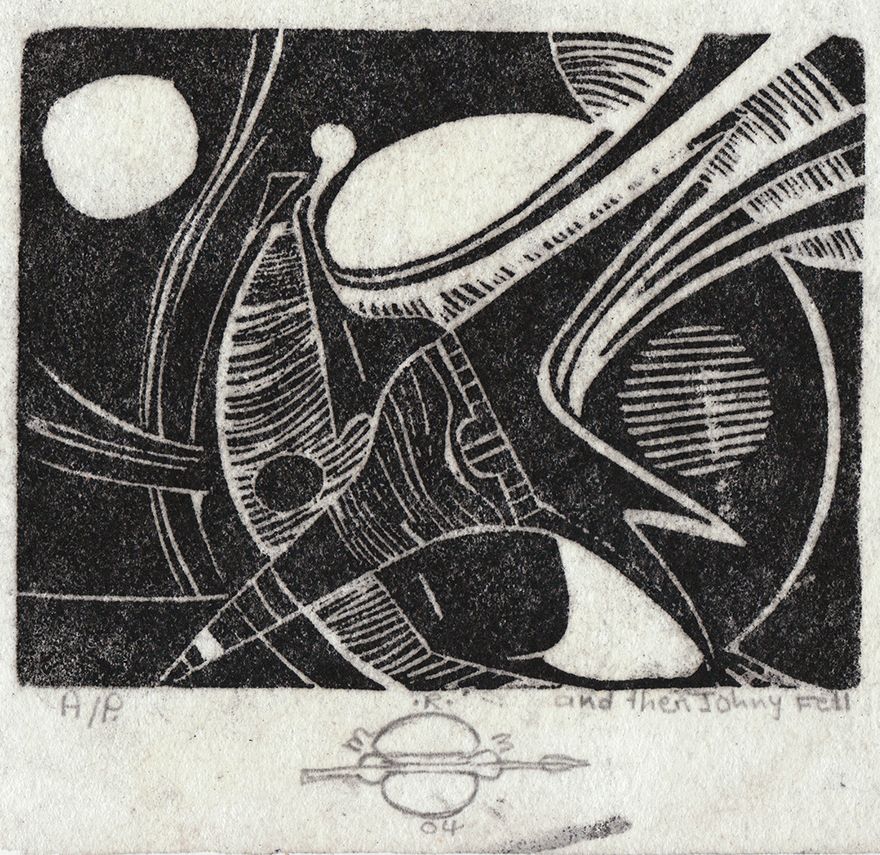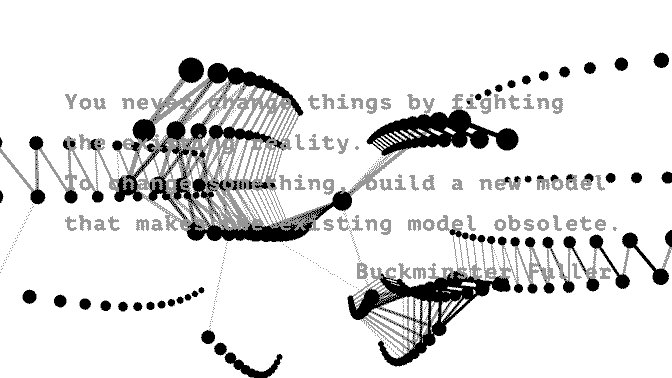NEO MUYANGA
when and how do we differentiate our music?
mmino oa rona re o khetolla neng, joang?
how can we start our conversation on the research of music that lives inside people, without following the example and stringent rules firmly created by colonists, or western ideology? western ideology is still widely taught in our schools, from primary schools to high schools, even up to university, the current status is described by yolisa nompula thus:
na re ka o qala joang moqoqo ona oa rona oa dipatlisiso ka taba tsa mmino o phelang ka hare ho batho, kantle le ho latela mohlala le melao e thehueng ka matla a bokolonisi, kapa ona monahano oa bophirima? monahano ona oa bophirima ke ona o santsane o rutua dikolong tsa rona ka bophara, ho tloha sekolong sa bonyaneng ho eya ho se phahameng, le ho fihlela ka yunivesiting. maemo a joale ka ha a bolela yolisa nompula a re:

after doing research i realized that there are not enough examples, at all, that show african music in its beauty in an arts program. there are still a lot of words, and very strong ones, that talk of ominousness when looking at indigenous knowledge, they see it as dull and poor. western music is still the one that is taught with vigour in the arts programs here at home. but that is not how it should be, that we leave things as they are, not caring about african music but on the other hand we keep saying we want to undo the damage and cruelty that was caused by the discriminatory laws of the past years. (nompula, 2011, 369)
“ka morao ha ho etsa dipatlisiso ke lemohile hore ha hona mehlala e lekaneng, hohang, e bontshang mmino oa se-afrika ka botle ba ona ho lenaneo la botaki. ho santsane ho utloahala mantsoe a mangata, mme a matla ka ho fitisisa, a buang ka seromo ha a shebisa ho tsebo ea sehaeng, ba bona e thotofetse ebile e futsanehile. mmino oa bophirima ona e santsane e le ona o rutuang ka matla a hodimo ka hare ho lenaneo la thuto ea botaki mona hae. empa ha se ona tshoanelo eo, hore re lesele taba e le joalo, re sa kgathalle mmino oa se-afrika empa ka nqeng ena re ntse re re rebatla ho rarolla tshenyo le kgopiso e bakueng ke melao ea kgethollo ea dilemong tse mmaloa tse fitileng” (nompula, 2011) [1]nompula, yolisa, valorising the voice of the marginalised, sa journal of education vol 31, 2011, p 369
do we have enough words through which to have an understanding when we talk of research of indigenous music? are we not supposed to create new names that will be indicators of music research which is parallel to the discourse and ideology of the west?
na re na le ona matsoe a lekaneng a ho tshoarisana kutloisiso ha re bua ka dipatlisiso tsa mmino oa sehaeso? na ha rea tshoanela ho iqapela mabitso a matjha a tla bang sesupo sa dipatlisiso tsa mmino e ka nqena ho dipuo le menahano ea bophirima?
let us remember that, as stuart hall reminded us, this thing that we have named ‘the west’, in the beginning it too was a thought that was created long ago when certain people were trying to differentiate themselves in this world (hall 1992, 276). this means that ‘the west’ is not a natural thing that we cannot move away from, if we have no more use for it.
ha re hopole hore, joale ka ha a re lemositse stuart hall, ntho ena eo re e reileng ‘bophirima’ maqalong le yona e ne ele monahano o la qatjua hang kgale, ha batho ba itseng ba ne ba leka ho ikgetholla mona lefatsheng. (hall, 1992) [2]hall, stuart, the west and the rest, formations of modernity, the open university 1992, p 276. hona ho bolela hore ‘bophirima’ ha se ntho ea tlhaho, eo re sa tsebeng kapa eo re sa kgoneng ho e furalla, ha e se e sa re thuse ka letho.
in another instance, hall continued to say,
pakeng se seng hape, hall o ile a tsoela pele a re,
we are not able to divide the world only in two anymore, to take it as a balancing game between the foundation of power, which is higher than any other, and which is easier otherwise. today we understand that here on earth there are different types of power, which are found in many different places, and which surprise in how they are able to balance themselves in this game. (hall 2001, 21)
“lefatshe ha re sa kgona ho le arola habedi feela, ho le nka joale ka papadi ea tekanyetso mahareng ha motheo oa matla, o ikgethileng ka hodimo le o mong o mosola, o bobebe feela kantle ho moo. kajeno re kgona ho utloisisa hore ‘fatsheng mona ho na le matla a mefuta e mengata, a tolahalang pakeng tse ngata tse fapaneng, mme tse makatsang ka mokgoa oo di kgonang ho itekanyetsa ka ona papading ena” (hall, 2001) [3]hall, stuart, museums of modern art and the end of history in modernity and difference, london: iniva, 2001, p 21
when he says this, we see the agreement between hall and achille mbembe’s words, when he reminds us that franz fanon advised us ‘to reduce europe’s power, to leave it behind, to not follow the examples that come from it’ (mbembe 2015, 13).
ha a bua tjena, ke moo re bonang tumellano mahareng a hall le puo tsa achille mbembe, ha a kgotsa a re hopotsa hope franz fanon o re elleditse “ho nyenyefatsa yuropa ka matla, a ho e furalla, ho sa nke mehlala e tsoang ho yona” [4]mbembe, achille, decolonizing knowledge and the question of the archive, p13

in my view then, to try and solve the challenge of discrimination by using the trick of comparing the word that says ‘de-’ in front of ‘-colonise’, we are merely strengthening the ideology that says that western thinking is something almost like nature in our research. furthermore, maybe we are wasting our time: why don’t we start by thinking of how we can write research about our music, normally, where it is not written about?
ka pono ea ka he, ho leka ho rarolla bothata ba kgethollo ka ho sebedisa leqheka la ho bapisa lentsoe le reng ‘de-‘ ka pele ho le reng ‘-kolonisi’, re mpa re matlafatsa monahano o reng monahano oa bophirima ke ntho e batlileng e ba joale ka tlhaho dipatlisitsong tsa rona. ho feta mono, mohlomong re tse re itshenyetsa nako: hobaneng ha re sa qale ka ho nahana ka ho re na re ka ngola joang ka dipatlisiso tsa mmino ona oa rona eo, ka tloaelo, ho sa ngoloeng ka ona?
perhaps we can talk about how locally, music is a name that points to several different things:
mohlomong re ka bua ka ho re hae mona, mmino ke bitso le supisang dintho tse mmaloa tse fapaneng:
in south sotho, ‘ho bina’ (singing) means making a sound with your mouth.
and in setswana, ‘ho bina’ means to dance, to move your body.
additionally, ‘ho opela’, in setswana, means to sing ‘ho bina’, in sesotho;
also, ‘ho opela’ in sesotho means to clap hands.
ka sesotho sa borwa, ho bina ho bolela ho etsa modumo ka molomo.
mme ka setswana, ho bina ke ho etsa motjeko, ho tsitsinya mmele.
ho feta moo, ho opela, ka setswana, ho bolela ho bina, ka sesotho;
hape, ho opela ka sesotho hona ho bolela ho phaphatha kapa ho shapa matsoho.
now then, all these things, which are: making beautiful sounds with your mouth; shaking your body; clapping your hands or even playing instruments – we include all these when we talk about our indigenous music.
joale he, kaofela ntho tsena, e leng: ho etsa modumo o monate ka molomo; ho tsitsinya mmele; ho opa matsoho kapa hona ho shapa (ho letsa) dibetsoa kapa dobapaloa – tsohle tsena ha re di akaretsa rere re bua ka mmino oa sehae, oa rona.
but when we come to writing down this music, we have not yet found the correct way that belongs to us of differentiating our music. we have not found a way to turn our backs, and move away from the western ways, which are now deeply rooted, as nompula has already mentioned.
feela ha re tla ho ngoleng fatshe ha mmino o tjena, ha re so fumane tsela e nepileng ea borona ea ho kgetholla mmino ona. ha re so e fumane tsela eo re ka furallang ka yona, ra iphapanya ho tsela tsane tsa bophirima, tse seng di ikahile ka matla, joale ka ha a se a buile nompula.
lungiswa plaatjies, a well-known isixhosa musician, also concurs when he says ‘i am constantly worried because i find that our children also have nowhere to learn our traditional olden day music of our grandparents’ (plaatjies, 2017 edition).
a be a ekeditse le lungiswa plaatjies, kgeleke e tsebahalang ea mmino oa seqhotsa, ha are,
“ke dula ke kgathatsehile hoba ke bona le bana ba rona ha ba sena moo ba ka ithutang ka mmino oa rona oa sekgale-kgale, oa bonkgono” [5] plaatjies, lungiswa, kgatiso ea re-mixing music, national festival of the arts, 2017
i am not advising, i am just saying that maybe it is not necessary for us to forget the knowledge of our grandparents, of writing music by staff notation or even through tonic sol fa. but what we can do, to showcase our african-ness, is to create a way to write that music through actions and physical movements. this will need concerted cooperation between researchers of music, of dance and of history.
ha ke eletse nna he, ke re mohlomong ha ho hlokahale ho re re lebale tsebo ea bokgono le bontatemoholo ba rona, ea ho ngola mmino ka staff notation kapa ka yona tonic sol fa. empa seo rona re ka se eketsang, ho bonahatsa boafrika ba rona, ke ho qapa ‘tsela tsa ho ngola mmino ono ka ‘tshupiso le matshoao a mmele. sena se tla hloka tshebedisano-mmoho pakeng tsa dibatlisisi le basebetsi ba-mmino le ba-motjeko, le ba-histori.
that, to me, would be a progressive way of distinguishing our music research from merely opting for the decolonial option which always reifies that which it seeks to de– from.
hono, ho nna, e ka ba e ngoe ea ditsela tsa ho kgetholla dipatlisiso tsa mmino oa rona ka tsela e ntjha-tjha.
| 1. | ↑ | nompula, yolisa, valorising the voice of the marginalised, sa journal of education vol 31, 2011, p 369 |
| 2. | ↑ | hall, stuart, the west and the rest, formations of modernity, the open university 1992, p 276 |
| 3. | ↑ | hall, stuart, museums of modern art and the end of history in modernity and difference, london: iniva, 2001, p 21 |
| 4. | ↑ | mbembe, achille, decolonizing knowledge and the question of the archive, p13 |
| 5. | ↑ | plaatjies, lungiswa, kgatiso ea re-mixing music, national festival of the arts, 2017 |